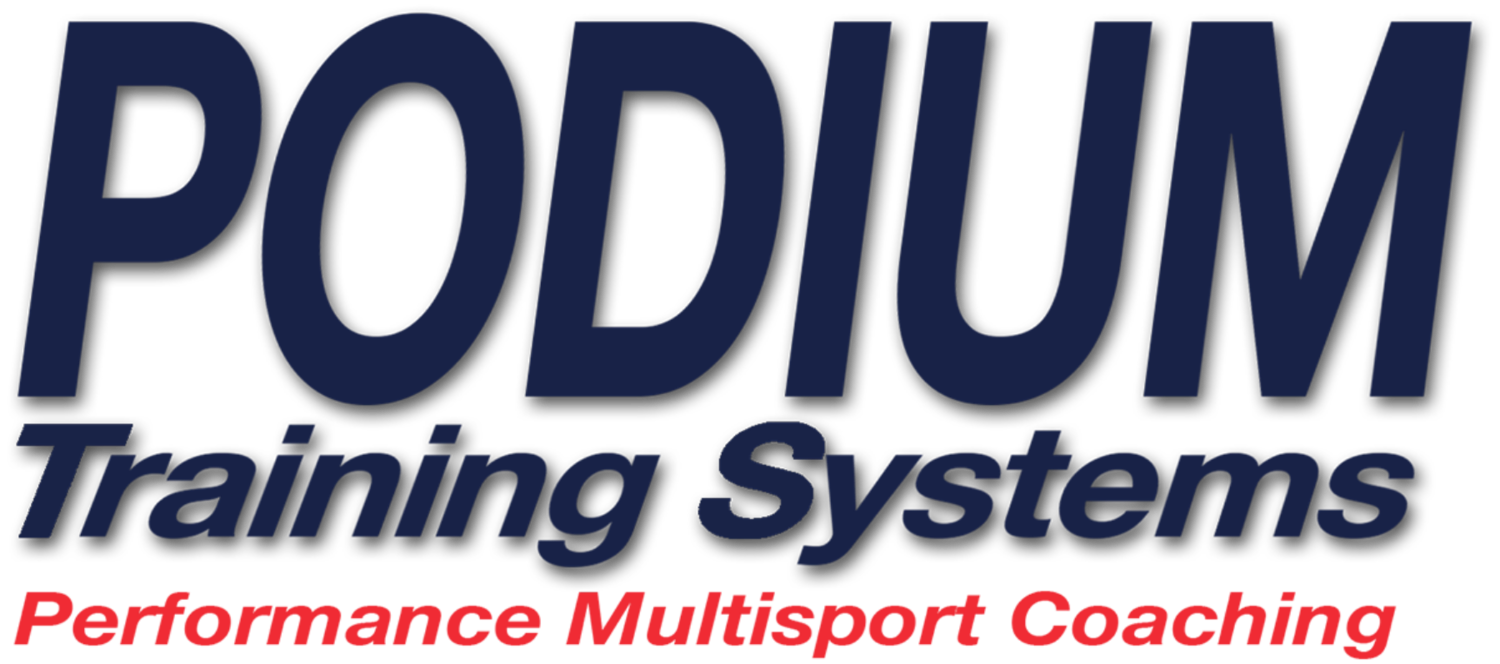It was just over a week ago that we were in Connecticut for our summer training camp. What a great three days of training! We kept this camp small - purposely - to ensure that the athletes in attendance got the one on one attention they deserved, and everyone could get to know the other athletes.
Friday evening was our meet and greet, and education session. We covered swim mechanics, form, and technique for open water swimming. Sponsor / Partner products were handed out.
Read morelast year I wrote about the impact of aging and training and how recovery, and intensity, change as we become older. You can read the entire post at the provided link here if you'd like to get a little background. But, in summary, our recovery periods can begin take longer as we age, and our ability to do the work levels we once found sustainable can / will begin to diminish. Dealing with these inevitable factors of life can be difficult for some. Myself included.
Read moreI can't tell you how many times I've heard a triathlete state: "I don't need to do flip turns .... I'm not going to do a flip turn in open water, so why should I here in the pool?" A recent post on VeloPress reminded me of how frequently this topic comes up, and why that statement is so off the mark.
First of all, it's true: You won't be doing any flip turns during your open water swim. You've got me there, Captain Obvious. However, doing a harmless open turn during training is, potentially, doing more harm than you might think
Read moreI call it my Doc Hollywood moment. If you're not familiar with the movie (it is from 1991, after all) the short synopsis is this: Med student in NY has plans to be a plastic surgeon in Hollywood. Sports cars, expensive home, etc. Encounters an unplanned detour, during the drive across country, where he falls for a simpler life in a small town. Yeah, he falls for a girl too, but you get the picture.
He realized he was happier with less - and didn't need all the material things as he thought he did.
Cut to: Back in the summer of 2011, my wife JL and I were having a somewhat existential conversation about our future. What did we want to be doing when we were 75 years old? We weren't retiring when we were 62, to be sure. Did I want to be locked in a beige office, working for some dusty old guy in a corner office until then? Or did I want to be doing something I enjoyed? Something that was satisfying for me, as well as doing good and right by other people? JL was doing just that; making changes to her career and starting her own consulting business.
Read moreRacing season is upon us. My athletes are - just after this past weekend - into full racing mode. With that, the demand from triathletes to hone and enhance their swim strokes is going up.
Swimming is perhaps the most mechanically dependent discipline in triathlon. Not that running and cycling aren’t without their mechanics and efficiency, but nowhere do you find such a direct relation to economy of stroke, mechanical efficiency, and speed. That being said, having a clean, efficient, and strong pull phase of the swim stroke is one of the most important things to focus on in the swim. Now, I'm certainly not discounting body position, head position, and other aspects of the stroke. But for now, let's just focus on the pull phase of the stroke as this is where the majority of the propulsion is derived. Maximizing the energy spent in this phase of the stroke is critical to the economy we can build into the swim.
What do I look for? First and foremost, a quick catch phase. This is the phase of the stroke, immediately after your hand enters the water, that you’re starting the stroke and “grabbing” water. The catch needs to happen quickly – removing a long glide phase from the stroke cycle. Why? In open water, there's too much cavitation of water from other swimmers around you. The goal is to catch water that isn't moving (or at least not moving as quickly as you) to help provide maximum propulsion.
Read more